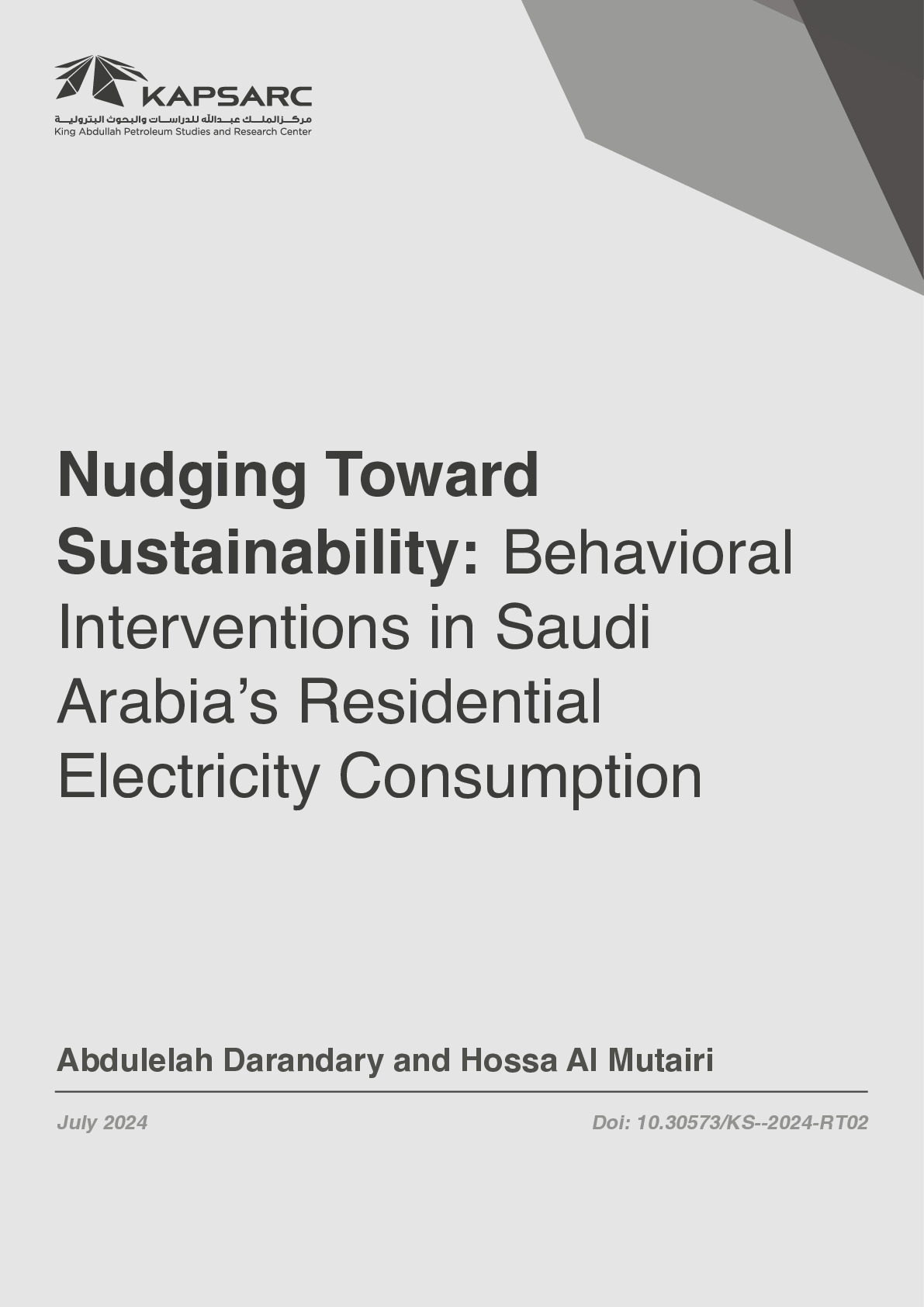This data insight visualizes the relationships between higher interest rates, deposit trends, and their impact on liquidity and saving behavior in the financial system. The three key points discussed are as follows:
- The Influence of Higher Interest Rates on Liquidity: Higher interest rates have a notable effect on liquidity in the financial markets. As interest rates rise, borrowing becomes more expensive, leading to reduced spending and investment. Consequently, liquidity in the financial system is constrained as fewer funds circulate. The shift towards savings, driven by the allure of higher returns in savings and time deposits, also contributes to decreased liquidity.
- Saving Behavior and Time Deposit Levels: The analysis highlights the significance of saving behavior and time deposit levels in gauging long-term investment and financial stability. A surge in saving and time deposits, reaching all-time highs, indicates a growing trend of individuals and businesses actively setting aside funds for future use rather than spending immediately. Such a trend can have positive implications, such as increased capital for investment and economic growth.
- Rise in Other Quasi-Money Deposits: The paper also examines the implications of a record-high in other quasi-money deposits, signifying an increased interest in alternative ways to save and invest money. This trend may be a response to changing economic conditions, attractive interest rates on alternative financial instruments, or a desire for higher returns. While seeking higher yields can be beneficial for investors, it can also result in reduced liquidity in certain financial sectors.


